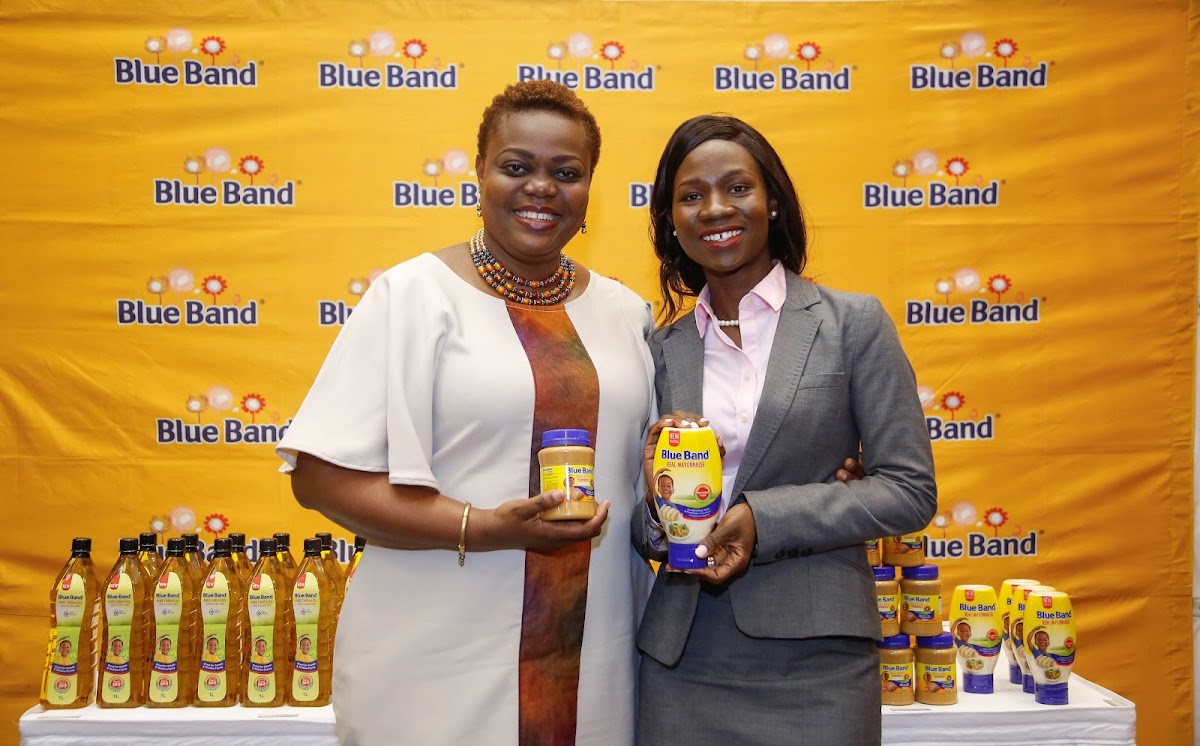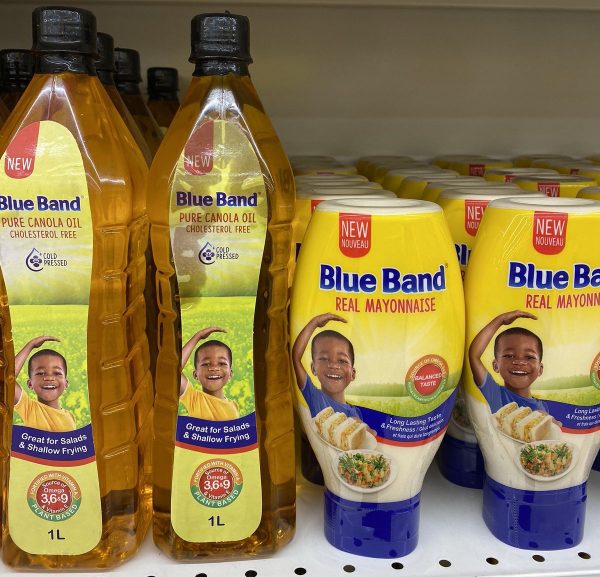Upfield has published data showing that consumers and chefs who bought its plant-based butters, margarines and spreads instead of dairy butter, have avoided emitting an estimated 6 million metric tonnes of CO2-equivalent within 12 months. “The Upside” – which can also be referred to as “emissions savings” – was measured based on data and product sales over the calendar year of 2020 and has enabled consumers to avoid double the emissions that Upfield is responsible for.
By aiming to quantify “The Upside”, Upfield becomes the first food company to pilot a methodology that estimates the carbon emissions avoided by its portfolio, purely by manufacturing plant-based butters, margarines and spreads as opposed to dairy butter. Upfield is the company formed in 2018 to manage the margarine brands previously owned by Unilever. Private equity fund KKR acquired the company for €6.8bn and re-established it under the corporate name Upfield.
This industry leading approach is a first step in setting the standard for a consistent framework and methodology that would allow companies to quantify the benefits of their lower- impact products, highlighting the differences between food companies and the portfolio of products they offer.
Sally Smith, Head of Sustainability at Upfield said this data helps demonstrate that choosing just one company’s plant-based products can help consumers save emissions by the same magnitude as planting a large forest. “The scientific consensus is that we need a plant-based shift to tackle the crisis in climate and nature,” Ms Smith said.
“We encourage policymakers and stakeholders to consider the insight from this approach and its implications for sustainable diets worldwide. At Upfield we are also committed to putting climate footprint information on pack as a way to help consumers make active choices to help reduce the carbon impact of their diets and we’d love to see other food businesses doing the same.”
While delivering “The Upside” is important this doesn’t negate us reducing our own footprint. We have set ourselves an ambitious goal to reduce Upfield’s own emissions to net zero and continue to take steps towards meeting this goal.”
“The Upside” is largely due to ingredient production. Making dairy butter causes substantially damaging methane emissions from cows, in addition to growing crops for cattle feed, whereas plant-based production relies only on crops. UN Environment Programme (UNEP) has advised that reducing agricultural emissions from cattle should be one of the immediate priorities to limit global warming as soon as possible.
In fact, with the average plant-based margarine and spread product responsible for 70% lower emissions than dairy butter the Upside of 6 million metric tonnes of CO2-equivalent avoided is double Upfield’s operational and supply chain emissions (3 million metric tonnes) in 2020.
See Also >> Blue Band Family Grows As Three New Brands Are Born
“The Upside” was estimated by Anthesis, a leading global sustainability consultancy using their “Portfolio Footprinting Methodology”. This takes detailed peer reviewed and published Life Cycle Assessment (LCA) data (which measures the total environmental impact of a product, including agricultural inputs, ingredient production, manufacture, packaging, transport and usage) and scales this up to a portfolio level based on sales data and the theoretical assumption that consumers and chefs bought plant-based butters, margarines and spreads instead of dairy butter.
The original Upfield product LCA data also showed that across Europe and North America, Upfield’s plant-based margarines on average occupy two-thirds less land and use less than half the water when compared with the same amount of dairy butter.
Simon Davis, Agrifood Lead at Anthesis commented “We’re excited to have worked with Upfield to develop a draft methodology that enables them to estimate the benefits of their plant-based product portfolios. It is equally as exciting to have begun a process of developing something that can articulate the role plant-based products can have in food-system transformation. We invite businesses, policymakers and stakeholders to help support and collaborate in order to refine the approach and look forward to the next stage in the journey.”













Leave a comment